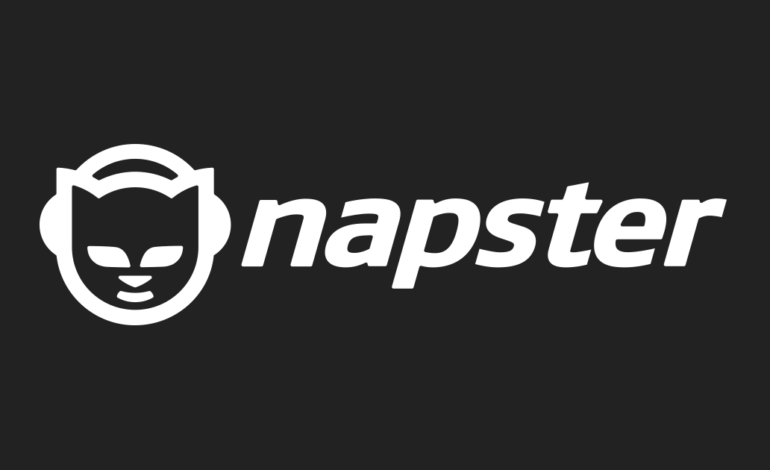

According to Digital Music News, Napster received a PPP loan for $1.7 million from the Small Business Administration. This comes when the company’s second quarter 2020 revenues appear to be down 18%, down $5.3 million from $28.6 million in the second quarter of 2019 to $23.3 million in the second quarter of 2020. $3.4 million of this drop appears to be from business clients. Net losses increased by approximately $1 million over the same period. Spotify’s revenues increased over the same period up 13%, up approximately €200 million from €1.7 billion in the second quarter of 2019 to €1.9 billion in the second quarter of 2020.
According to Statista and Musically, Napster’s revenue has been dropping since 2016. Its parent company RealNetworks also appears to be in financial difficulties stating in its June 2020 quarterly financials that its current condition raises substantial doubt about its ability to meet its obligations over the next 12 months and, therefore, to continue as a going concern.
To avoid confusion, this is not the same Napster that did not pay royalties to copyright holders. That entity ceased to exist in 2002. It formed in 1999 and operated for approximately three years. In 2001, the company shut down operations because of a court injunction and settled to pay music license holders $26 million for unauthorized use of their music.
To pay the $26 million, Napster attempted to pivot to a subscription-based service but lost most of its customers and could not pay. The company went into bankruptcy and liquidated its assets.
In 2002, Roxio purchased Napster’s assets at the bankruptcy auction and held on to them until 2008 when it sold the assets to Best Buy. Best Buy held the asset until 2011 when it sold the assets to Rhapsody, which is owned by RealNetworks. In 2016, Rhapsody changed its name to Napster. RealNetworks owns approximately 84% of Napster.
Napster recently launched a charitable giving program called Napster4Good. Customer starting new subscriptions can choose from thousands of charities. Selected charities will receive a portion of the customer’s monthly subscription charge. While it’s unclear what percentage of the monthly charges will go to the charities, 100% of the first month’s subscription charge will go to each customer’s charity of choice.
Early last month, we reported on several companies in the music industry able to get PPP loans. PPP loans are for companies negatively affected by the COVID-19 pandemic. The loans go to cover eight weeks of payroll for up to $10 million for companies who have under 500 employees and did not reduce their workforce by over 25 percent. Companies may apply for forgiveness and if approved, they may not have to pay back the loans.
Some companies have come under scrutiny for taking out the loans and have since returned the loans. The Los Angeles Lakers and Shake Shack returned their loans. NBC has also recently reported on other companies who have returned their loans without applying for forgiveness.
